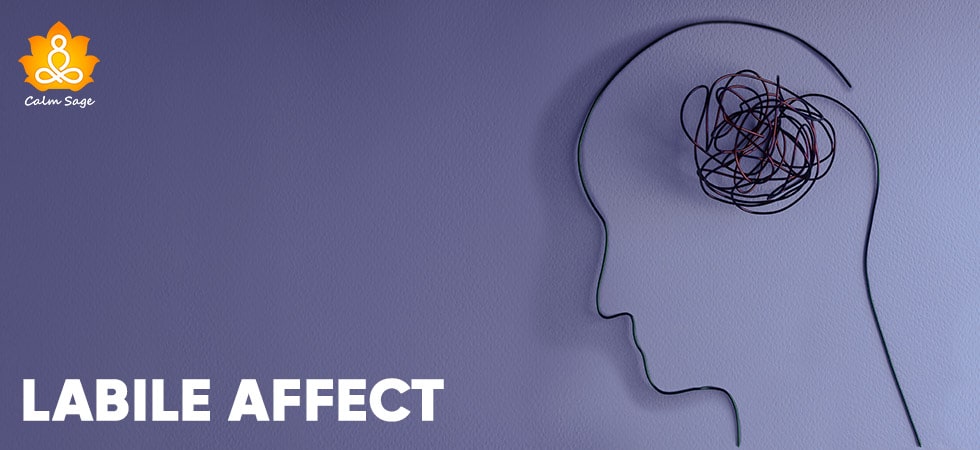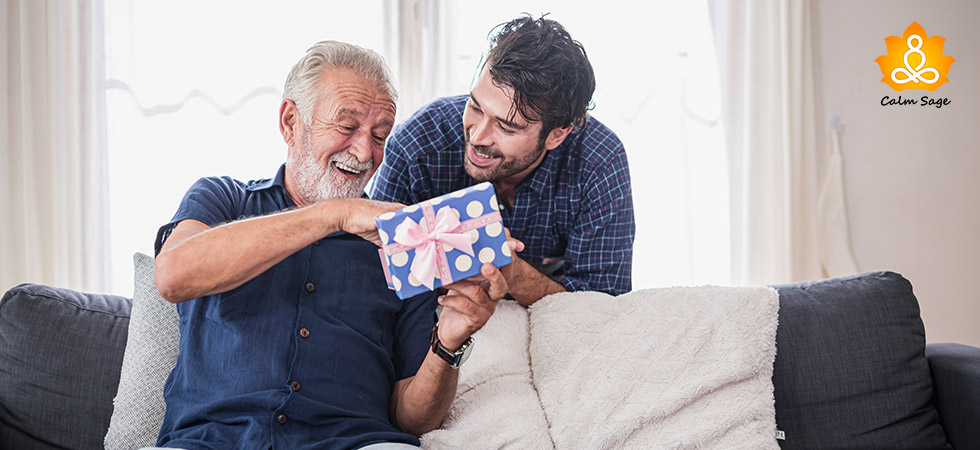Why & How To Build A Healthy Therapeutic Relationship?
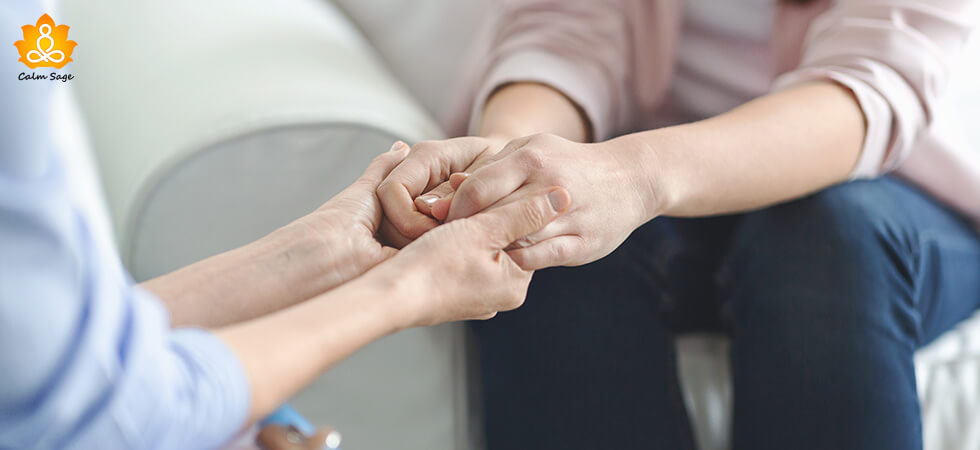
What is the first picture that comes to your mind when you hear the phrase “Relationship in Psychotherapy?”
You are lying on a couch and talking while the therapist nods wisely to whatever you say (probably while puffing on a pipe or writing on a notepad).
Well if that is the first thought that you had in your mind then it is time to pop it and understand the real therapeutic relationship. Because it is important for you and the therapy success!!!
Many factors influence the positive outcome of therapy but then there is one factor that has the biggest role to play. This factor is “Therapeutic Relationship.” More than 50 research supports that a therapeutic relationship is one of the strongest factors leading to successful treatment. Therefore, it becomes important to be aware of the therapeutic relationship and learn ways to make it a healthy one. This will eventually help in making the most out of the therapy. In today’s write-up, we will first understand why relationships in psychotherapy are so important and ways to build a healthy therapeutic relationship.
Why Relationship in Psychotherapy Is Important?
In our life, the quality of our relationship with others reflects in our thoughts, behaviors, and feelings. Therapy is no exception to this phenomenon! The therapeutic relationship between client and therapist has a different impact on treatment success. Your relationship with the therapist influences the trust and respect that you share; which will impact the issues that you need to address. It works as a vicious circle! A therapeutic relationship is an opportunity for you to be heard, open up about your feelings, summarising, and reflecting back on them. This process can be achieved through a strong therapeutic relationship only.
A strong relationship between you and the therapist works as an open platform for you to open up emotionally and share your concerns freely. Some findings and experts also claim that the therapeutic relationship has healing power as it has three important ingredients in it- empathy, genuineness, and unconditional positive regard. Thus a healthy therapeutic relationship is indeed important for the success of the therapy.
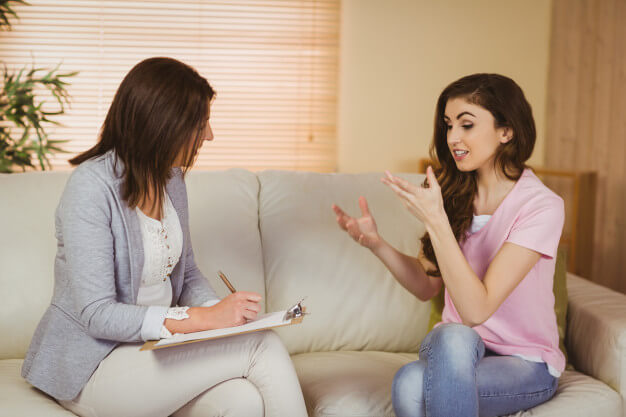
Features of A Healthy Relationship in Psychotherapy
To check whether a relationship between the therapist and the client qualifies as a “good relationship” different experts have shared different criteria. The most common hallmarks of a healthy therapeutic relationship are:
1. Mutual trust, care, and respect between you and the therapist.
2. Mutual engagement in the treatment approach and work related to it.
3. Shared decision making between the two (no imposition of each other’s ideas).
4. Comfort and freedom to share any negative emotional response with each other.
5. An honest and general agreement on the goals, outcomes, and tasks of the therapy.
6. Open communication between the therapist and you regarding problems or difficulties during the therapeutic process.
Along with these popular characteristics of “good therapeutic relationship,” Dr. Edward suggests three essential qualities of a healthy therapeutic relationship:
1. Collaboration on the tasks or work of the treatment.
2. An emotional bond of care, trust, and respect.
3. Mutual agreement on the goals of the therapy.
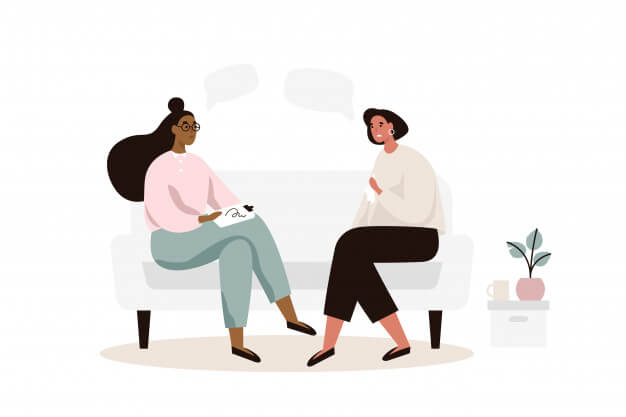
Signs Of Unhealthy Therapeutic Relationship To Look For
While there are signs of “good relationships” there is a list of signs of “unhealthy relationship” too. While you cherish a good therapeutic relationship, keep a check of these warnings signs too.
1. The therapist pays little or no attention to your goals and what you have to convey.
2. They will try to throw the balls of judgment at you regarding your conduct, issue, and life situation.
3. You both might have a willingness to be friends outside or even establish a romantic relationship.
4. Provides no clarity, openness, and explanation about the sessions.
5. Remains distracted throughout the session.
6. Tries to impose their beliefs and decisions on you, without any prior discussion.
All these signs mark violation of boundaries and ethics. This in turn clearly depicts the picture of an unhealthy therapeutic relationship. If you can see even one of these signs in your relationship, switching your mental health professional is best-recommended advice. Although such cases are rare, being well-informed and aware is always helpful!
How To Build Healthy Therapeutic Relationships?
To build a healthy therapeutic relationship with your therapist and make sure that your therapy is successful here is a list of possible actions:
1. Remind yourself that a therapeutic relationship is just like any other relationship, it will take time to develop. It will eventually develop over time. Don’t rush on it.
2. Be open about your goals and needs. Communicate the same to your therapist with respect.
3. Think over the outcomes that you want from the therapy and convey it to the therapist. Discuss its doability and the best possible ways to achieve it. If it is not achievable don’t terminate the therapy! Instead, look for what is attainable through open and healthy communication with the client.
4. If at any point you face any difficulty with your therapist or the process talk about it at your earliest. Open and honest communication can help in resolving any conflicts.
5. Be punctual and religious with your therapy sessions.
6. Complete the tasks and work that is assigned to you at the end of the therapy. If you can’t complete it due to some reason don’t skip your session. Talk about it with the therapist and see how you both can progress on it.
7. If you have had ineffective previous therapeutic experience don’t let it paint the whole picture for you. Each psychotherapy and each therapist is unique. Give it another shot, resolve your issues, and reach your goals.
It is all about the little and important efforts that you make which will influence your therapeutic relationship; ultimately the success of therapy! Just be a HERO:
H: Honest
E: Empathetic
R: Religious with sessions and task + Show respect
O: Encourage open communication

Popular FAQs on Relationship in Psychotherapy:
1. Is therapeutic relationship important only for in-person therapies?
No matter whether you are taking therapy in-person or via telehealth sources, a therapeutic relationship is important. Although a popular myth around online therapy claims that a healthy relationship in psychotherapy can not be established on online platforms, that does not hold true. Even in the case of online sessions your issues, the process of therapy, and other related concepts remain the same, just the platform changes.
2. Is a healthy relationship required in all forms of psychotherapies?
Irrespective of the psychotherapy that you are a part of (CBT, DBT, ACT, IPT, etc) building a strong relationship with the therapist is required. Although depending on the form of counseling and psychotherapy the progress of this relationship may vary but it indeed is required.
3. Is it difficult to attain a healthy therapeutic relationship?
No, not at all! Building a healthy relationship in psychotherapy is a process. Make sure that you neither push yourself in attaining it nor hold yourself back. Just go with the flow and keep the above points in your head. You will see yourself making the most out of the therapy eventually.
A Note From Calm Sage:
We have briefly discussed certain important dynamics of the therapeutic relationship. Now you need to make a note of the same and work on it in your therapy sessions. Each therapeutic relationship will differ with its own set of goals, ideas, and feelings. Just trust the process and leave all your concerns behind you. This will help you unleash the healing powers of the therapeutic relationship.
Remember just like there will be no friends without friendship there will be no therapy without a therapeutic relationship.
More Relavant Articles:
Debunking the Top 10 Myths of Therapy and Online Therapy For You
Eating Disorder Online Support Groups and Where to find them
Online Therapy: Tips On How Can You Make Best Of It
Will Online Therapy Program Work for You?
Best Online Marriage Counseling Programs To Revive The Relationship






